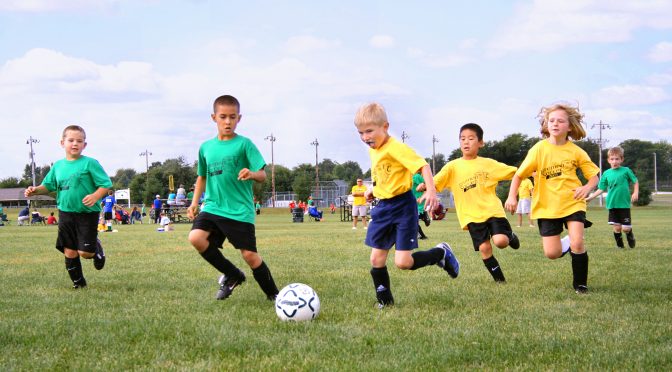It is widely accepted in the prepper community that the so-called “lone wolf” approach will never succeed in a long term SHTF scenario. There are several very important reasons for this.
![By [1] (https://www.flickr.com/photos/kachnch/16364273038) [CC BY 2.0 (http://creativecommons.org/licenses/by/2.0)], via Wikimedia Commons Lone Wolf Image](https://upload.wikimedia.org/wikipedia/commons/a/ab/European_grey_wolf_in_Prague_zoo.jpg)
Defense
In a SHTF scenario, obviously there are going to be times when self-defense is required. Calamity will bring out the worst in people, and while the majority of the sheeple may be doing little more than whining for someone to come and save them, voluntarily reporting to a FEMA camp, or just curling up in a little ball and accepting death, there will certainly be a fraction of folks who will seize the opportunity to be scum. They’ll attempt to victimize and take by force to enrich themselves both in terms of resources and power.
When these degenerates search for those who have resources, they will find preppers to be a target. You can have the most guns, most ammo, and be the best shooter & toughest guy in the region, but at some point you have to sleep. Even a family of two adults and some teenage children will find that they can’t provide an adequate defense while simultaneously producing food, procuring water, and providing for other basic needs.
In a survival team scenario, there will be more than enough hands to take defensive shift watches while still allowing members to provide the other duties that will be needed to keep a decent life going.
Resources
A single person or nuclear family will be unlikely to provide itself enough resources to get through a long term SHTF scenario. Sure, a family can put away a years worth of food, but can they also simultaneously secure / store a years worth of water, medical supplies, health & sanitation, defense, energy?
Things like battery backup systems, solar panels, rifles, night vision, generators, medicines, water purification systems & filters… while we all dream of having everything we need, the cost of these things adds up, especially when we try to follow our motto:
Two is one, one is none, three is for me, four is for sure…
In a team scenario, families can willingly share the costs and then the usage of these various tools. Even if two or more families within a team has a certain item, such as a generator, if one were to fail, we have redundancy, without dependency.
Skills
An analog to resources, just as no one family can provide redundancy with everything, no one family is going to know everything. This is even more apparent as often if a husband has a certain set of skills and his wife has a certain set of skills, the children are very likely to possess for the most part expertise only in a skill that was taught to them by their parents. So the kids, where they can contribute additionally to defense, likely contribute only redundancy to skills.
A team approach allows a much broader range of skill sets. Members should and are likely to have various professions and hobbies which leads to a diversity of skills available to the group for survival. One must still be careful to have redundancy – if the only person with gardening skills in the group is lost, the chances of the group going hungry in the long term increase substantially.
So Get Started
We always tend to focus on our own preps first, and we acknowledge building a team is important. We tend to put it off however, worrying about violating our OpSec (operational security), or thinking that if we just could put back another week of food now, there will always be time to build a group later.
Let’s stop doing that in 2017. At least start the wheels in motion towards building your group.
An excellent resource to guide you in the process of building your mutual assistance group is Charley Hogwood’s book: MAGS: The People Part of Prepping: How to Plan, Build, and Organize a Mutual Assistance Group in a Survival Situation.




![By [1] (https://www.flickr.com/photos/kachnch/16364273038) [CC BY 2.0 (http://creativecommons.org/licenses/by/2.0)], via Wikimedia Commons Lone Wolf Image](https://upload.wikimedia.org/wikipedia/commons/a/ab/European_grey_wolf_in_Prague_zoo.jpg)